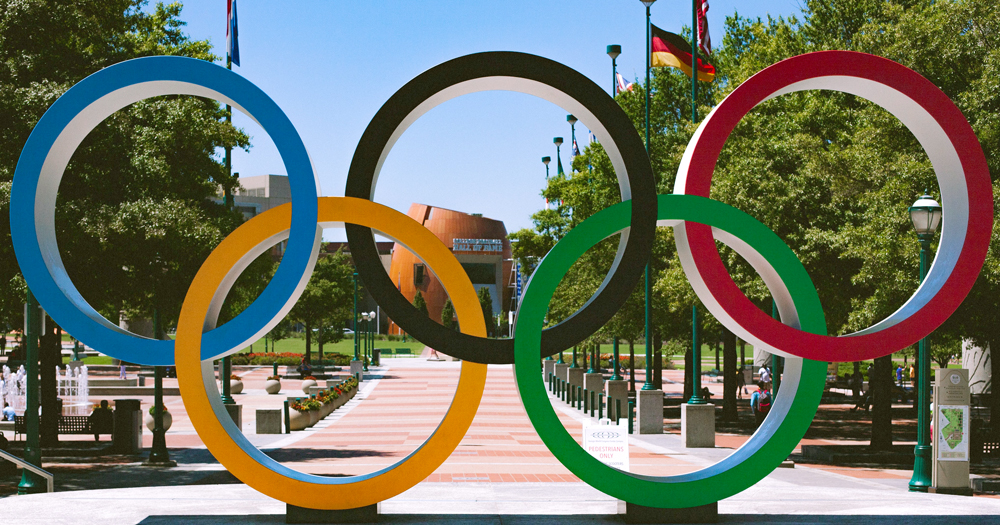Three years later than originally intended, the transgender guidelines for Olympic athletes are not expected until after the Games scheduled for February 2022 due to “very conflicting opinions”.
As of the guidelines issued in 2015, trans women are allowed to compete in the women’s category without gender reassignment surgery if there is a sufficient reduction in testosterone in the twelve months prior to competing. The current acceptable testosterone level in serum is below ten nanomoles per litre. However, individual sports federations are allowed to instate their own rules.
The forthcoming guidelines will reportedly “prioritise inclusion” and “avoidance of harm”.
Dr. Richard Budgett is the science and medical director of the IOC (International Olympic Committee) and he spoke about protecting and promoting the human rights of intersex and transgender athletes in sports competitions at the Council of Europe conference.
He said that IOC’s approach would shift and that “There’ll be broad high-level guidelines – more like a framework. It’s the international federations who will determine the specific rules for their sports and their events.
“The particular changes from 2015 are the emphasis on the priority of inclusion, and on the avoidance of harm, but always bearing in mind the importance of fair and meaningful competition. We still have to agree on the framework. It’s challenging. But it will be published in a few month’s time – at the latest just after the Beijing Olympic Winter Games.”
He went on to say that, “We’re very aware that sex, of course, is not binary. It’s a continuum. The sectors overlap. And so the solutions are not essentially going to be binary.”
Although the IOC is planning on moving away from their current ‘one-size-fits-all approach for sport’, as described by The Irish Times, complications have arisen as a result of recent scientific papers which found that persons who undergo male puberty retain “significant advantages in power and strength”. Reportedly, this advantage remains even after taking medication to suppress testosterone.
“Transgender women are women,” Budgett said. “But we also have to separate gender from eligibility. And eligibility needs to be sport-specific in order to have this fair and meaningful competition at all levels, but especially at the elite level, where the stakes are that much higher.
“There’s going to be different criteria for different sports. If you compare archery to hockey to rowing, they require very different skills. And an elite athlete from one is unlikely to be an elite athlete in another. And we have to determine what really is a disproportionate or insurmountable advantage.”
© 2021 GCN (Gay Community News). All rights reserved.
Support GCN
GCN is a free, vital resource for Ireland’s LGBTQ+ community since 1988.
GCN is a trading name of National LGBT Federation CLG, a registered charity - Charity Number: 20034580.
GCN relies on the generous support of the community and allies to sustain the crucial work that we do. Producing GCN is costly, and, in an industry which has been hugely impacted by rising costs, we need your support to help sustain and grow this vital resource.
Supporting GCN for as little as €1.99 per month will help us continue our work as Ireland’s free, independent LGBTQ+ media.
